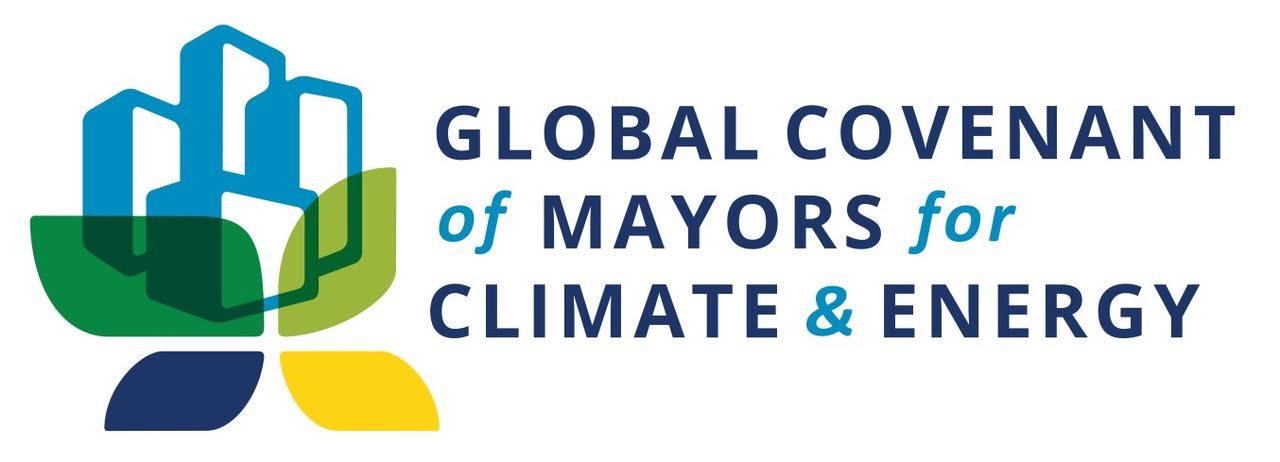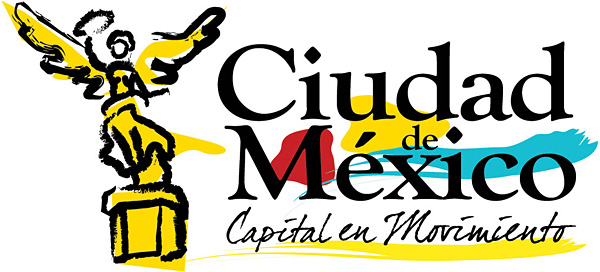- Home
- Reporting entities
- City of Thimphu
City of Thimphu
Bhutan Mayor: Ugyen Dorji-
Population 104000

-
Area 26.0km 2
-
GDP N/AN/A
-
Targets by N/A N/Aemission
Targets by City of Thimphu
There are no targets yet
- Start year:
- Type: Technical/Infrastructure investment
- Status: In operation
Thimphu encourages citizens to plant more by supplying
free saplings, seeking to lessen negative environmental impacts
such as greenhouse gas emissions while expanding
city greenspaces and enhancing urban beautification. The
city encourages students to plant trees by awarding cash
prizes to three schools with the highest survival percentages,
motivating schools to take good care of their saplings
- Other Emissions

- Start year:
- Type: Technical/Infrastructure investment
- Status: In operation
Thimphu Thromde invited 3 solid waste experts—professors
from Fukuoka University, Japan, along with 2 experts
from the Japan Environment Sanitation Center—to introduce
and implement the Fukuoka Method: ventilation gas
pipes installed in landfills to reduce the accumulation of
harmful gases such as carbon dioxide, hydrogen sulfide,
methane, nitrous oxide, etc., which are fire and greenhouse-
gas hazards. Four ventilation pipes have thus far been
installed and there are future plans to install 5-10 more.
- Waste

- Start year: 2012
- Type: Education/Awareness Raising
- Status: In operation
The government declared all Tuesdays pedestrian days
throughout the country, starting June 5—World Environment
Day. Central Thimphu was transformed into a pedestrian
zone from 8 am to 6 pm, with only emergency and
service vehicles, such as ambulances, fire trucks, military vehicles,
buses and bicycles allowed on the city’s main roads.
Exceptions were also made for electric and hybrid vehicles
as well as taxis, in alternating weeks (as stipulated by odd or
even license plates).
Participating organizations: National Environment Commission
Secretariat, Thimphu Thromde, Road Safety and Transport
Authority, Thimphu Traffic Division and Bhutan Post
- Transport

- Start year: 2011
- Type: Technical/Infrastructure investment
- Status: In operation
Thimphu Thromde and the Royal Society for the Protection
of Nature constructed a PET bottle plant where all such plastic
bottles are collected, crushed and sold by weight. As PET
bottles now command considerable cash refunds, the general
public and local schools collect the bottles in bulk for
sale to the plant. The initiative has helped drastically reduce
PET landfill load as well as generalized littering; recycling
plastic bottles saves twice the energy burning requires.
- Waste

- Start year:
- Type: Technical/Infrastructure investment
- Status: In operation
To protect important woodsnipe habitats, an ecological and
recreational park, Thimphu’s largest, is currently under construction.

- Start year: 2002
- Type: Policy/Strategies/Action Plans
- Status: Completed
According to the Thimphu Structure Plan, no development
or structure will be permitted within 30m of city gully
waterfronts, nor within 15m of all natural rivulets/gullies
and natural drainage channels. This area is part of the E1
(Environment Conservation) zone. Similarly, inclines greater
than 30% are protected as part of an E4 (agri-based
environmental) zone where minimum required plot size
is 1000 sq. m with 20% allowable ground coverage and
maximum 2-story structures allowed.

Mayor Ugyen DorjiCity of Thimphu, Bhutan




